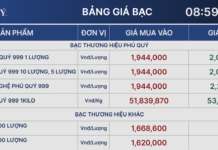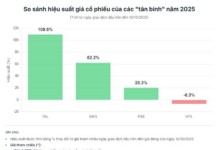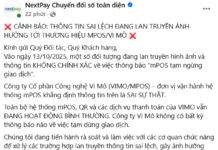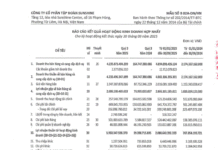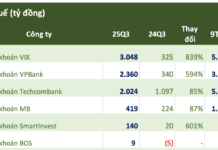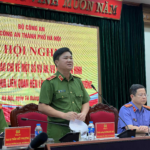Businesses Capping Prices Together – Hindering Real Competition
The latest draft decree on gasoline and oil business operations proposes a new pricing mechanism, allowing enterprises to decide on selling prices without exceeding the ceiling price. However, the Vietnam Chamber of Commerce and Industry (VCCI) points out that this mechanism only changes in form, not in essence, as it still retains the current approach to gasoline and oil price management.
“The price formula and cost components remain largely unchanged. If implemented, the ceiling price will be very close to the total cost of supplying gasoline and oil. As a result, the majority of enterprises will have to sell at the ceiling price, making it challenging to offer lower prices to compete with other enterprises,” VCCI explained.
VCCI suggests two alternative approaches: first, allowing enterprises to determine selling prices without a ceiling, accompanied by regulations on transparency to empower consumers’ choices; second, eliminating or waiving the price registration procedure when enterprises sell at the ceiling price as per the draft decree.
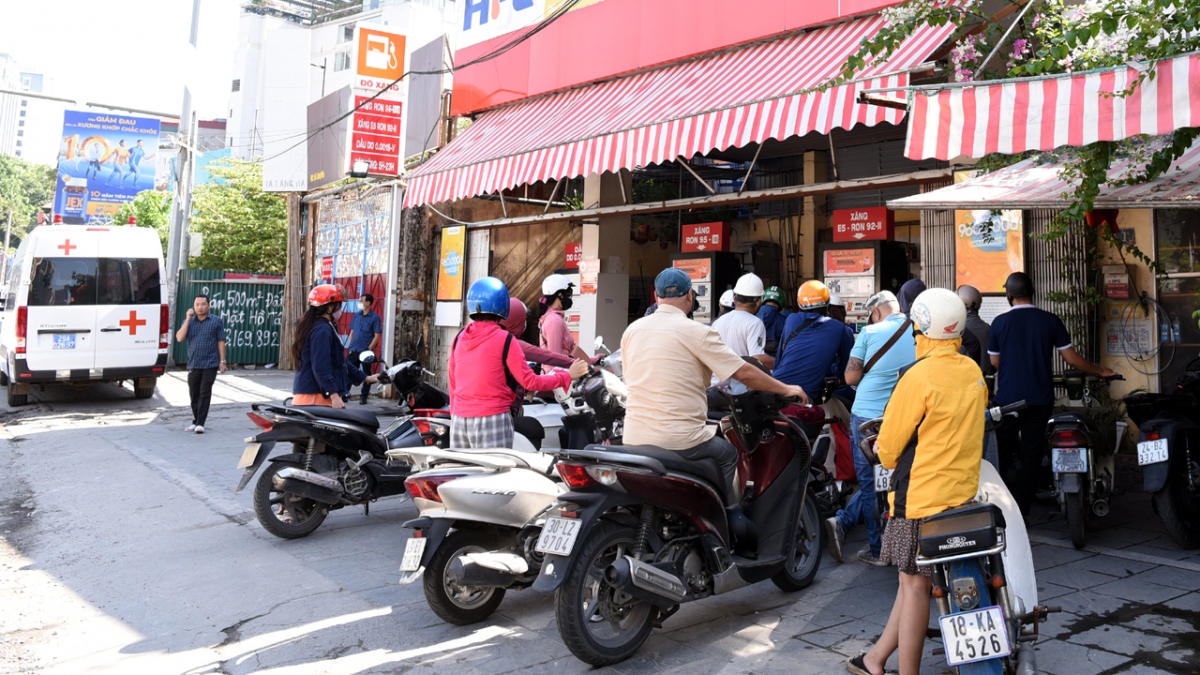
With the given price cap, most businesses will find it challenging to offer lower prices and compete.
Wholesalers Permitted to Trade with Each Other
Article 17 of the draft decree stipulates the rights and obligations of gasoline and oil wholesalers, prohibiting them from trading with each other. The drafting agency justifies this restriction by arguing that allowing wholesalers to trade among themselves would lead to circular trading, involving multiple intermediary layers, ultimately driving up prices.
However, VCCI finds this argument baseless and contrary to market principles, as wholesalers in the gasoline and oil market tend to prioritize purchasing from wholesalers offering lower prices. “Assuming there is a cheap source, but circular trading increases the selling price; then, buyers will go directly to the source to obtain cheaper prices. Wholesalers with high prices will be eliminated from the market as they cannot compete with other wholesalers offering lower prices,” VCCI analyzed.
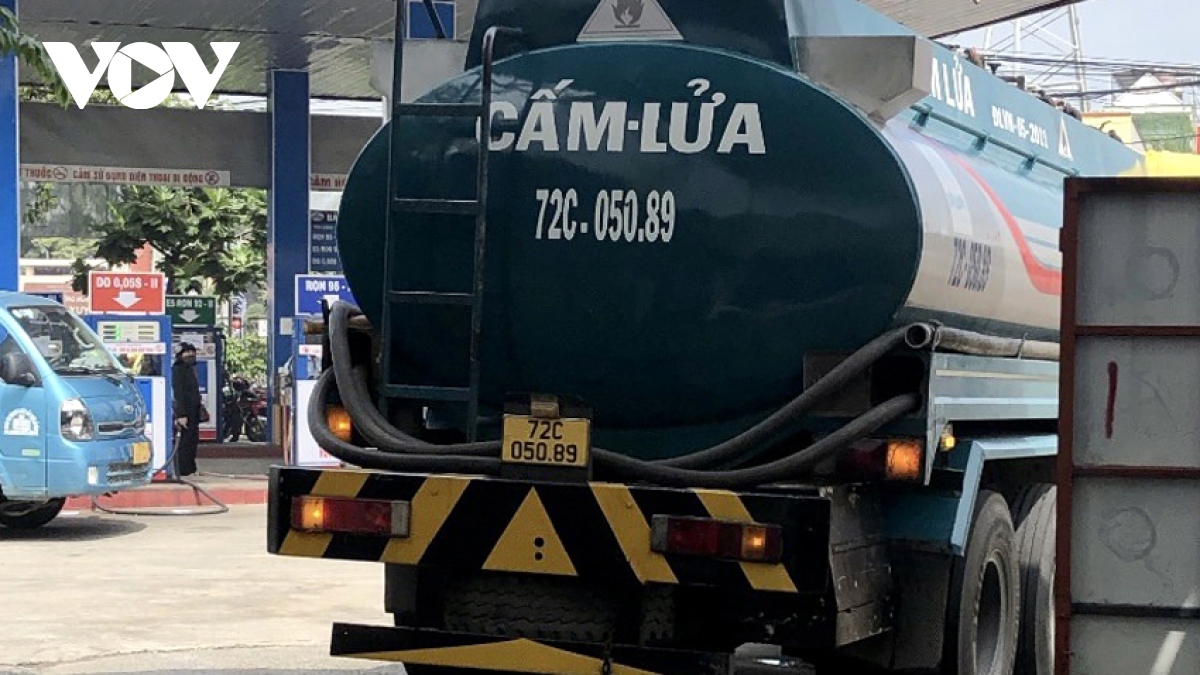
Restricting wholesalers from trading with each other goes against market principles.
VCCI also cited Decree No. 83/2014/ND-CP and Decree No. 95/2021/ND-CP, which mandated a 1:1 distribution system, forcing retail traders to depend solely on their respective distributors. In such cases, if the distributor increased prices, the retailer had no choice but to accept the higher prices. However, Decree No. 80/2023/ND-CP has since allowed retailers to source from multiple suppliers, increasing competition in the wholesale market and alleviating the previous issue.
Addressing concerns about data accuracy in reporting gasoline and oil inventory levels, VCCI clarified that, according to the draft decree, the obligation to maintain circulating reserves applies only to traders, not distributors. Additionally, the draft decree has introduced a provision (Article 9.5) requiring traders to connect with the Ministry of Industry and Trade’s network to report data on gasoline and oil warehouses and inventory levels.
“Based on the above analysis and arguments, VCCI recommends that the drafting agency amend the draft decree to permit wholesalers to trade gasoline and oil with each other,” VCCI stated.
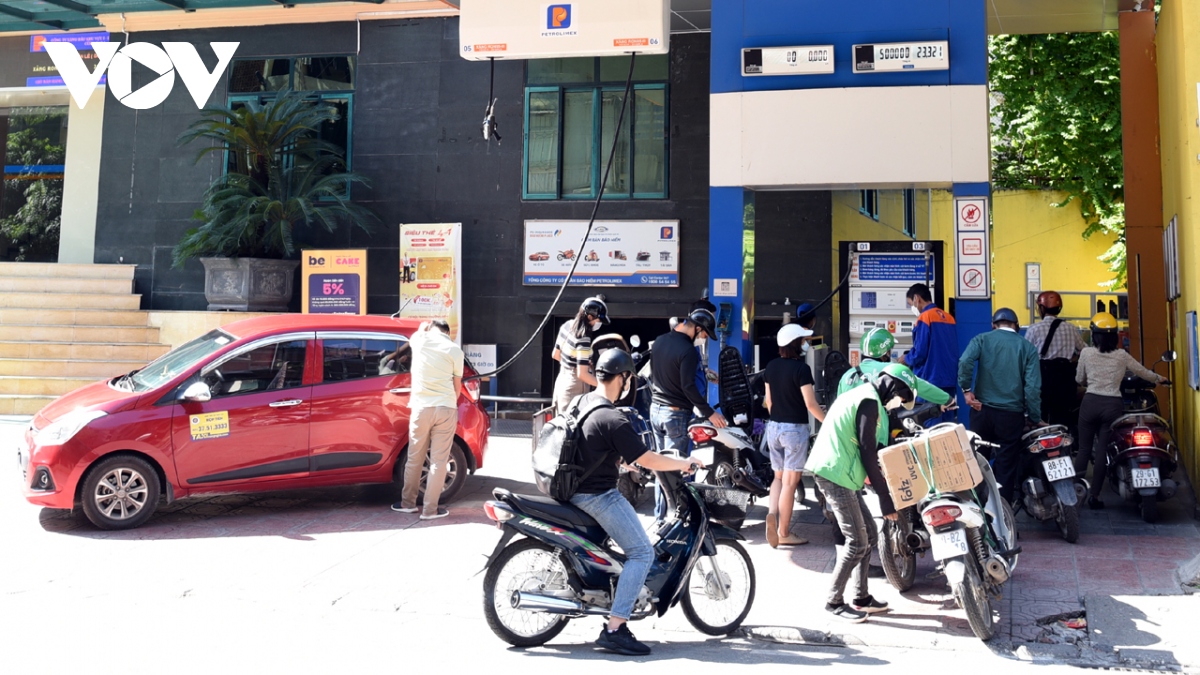
The ceiling price set by enterprises will likely be very close to their total supply costs.
Flexibility in Gasoline and Oil Reserve Levels
In addition to the above suggestions, VCCI proposes that the drafting agency consider including areas far from factories or import ports among those eligible for a 2% price increase. This incentive would motivate enterprises to supply these regions, benefiting the local economy and society.
Regarding the conditions for investing in the gasoline and oil business, VCCI recommends eliminating the requirement for a minimum five-year lease term for ports and warehouses and instead stipulating that enterprises must maintain the use of ports and warehouses throughout their business operations.
To prevent arbitrariness and a mechanism of “begging for permission” in allocating the minimum supply of gasoline and oil from traders, VCCI urges the drafting agency to clarify the calculation basis for allocating this total source to enterprises and provide more specific criteria for the calculation when allocating the minimum total source to distributors.
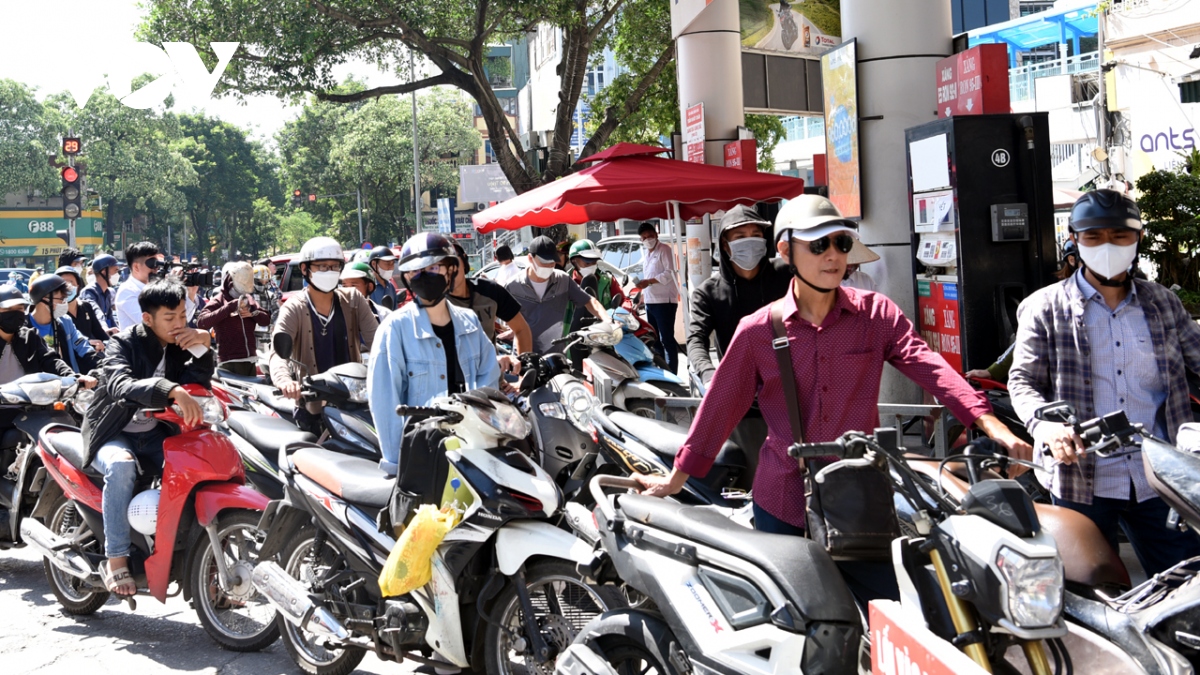
In case of a supply disruption, the management agency can decide to lower the reserve level to 50% to release more fuel into the market.
Noting the absence of regulations on the use of reserved gasoline and oil, VCCI emphasizes the importance of establishing guidelines for utilizing reserved goods. Otherwise, the reserves will only incur societal costs without providing any practical benefits.
VCCI also suggests that the drafting agency consider a mechanism for the state to manage circulating reserves. For instance, in the event of a supply disruption causing a short-term shortage of gasoline and oil in the domestic market, the management agency can decide to lower the reserve level to 50% of the normal level, releasing more fuel into the market to meet societal needs. Once the supply of gasoline and oil is restored, the management agency can increase the reserve level back to 100%.

